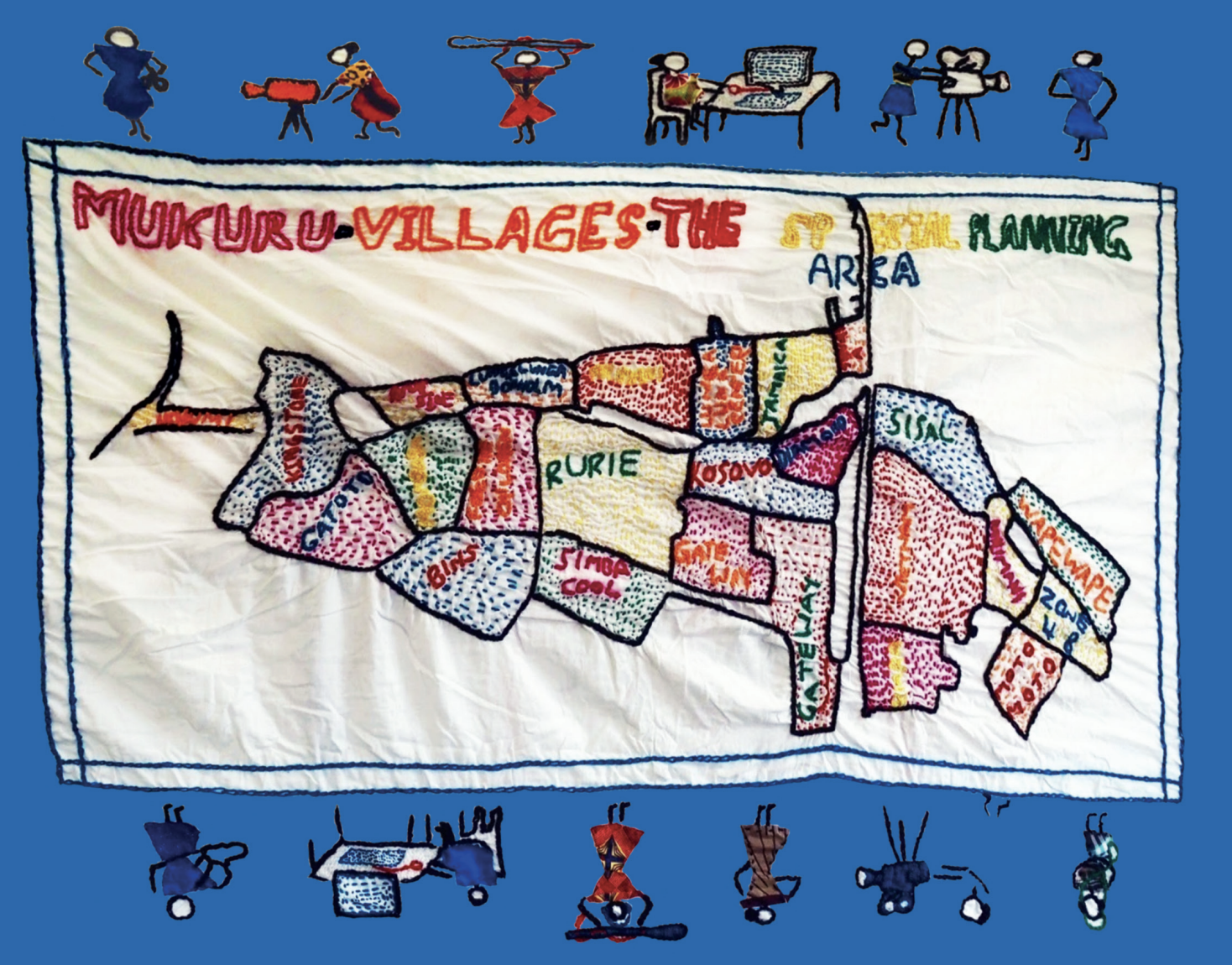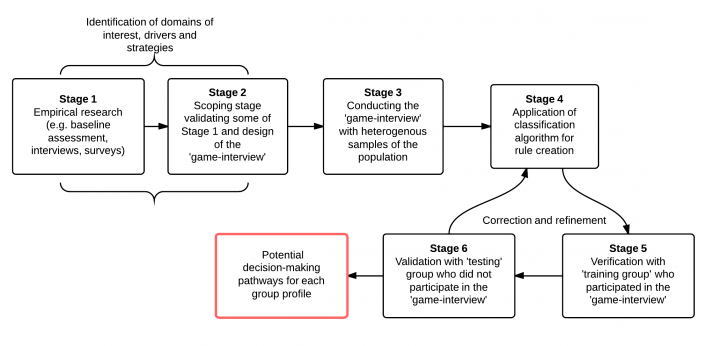Data collection
The 2022 heatwaves: England’s response and future preparedness for heat risk
Discover how England's 2022 heatwaves were used to evaluate responses to heatwaves, leading to suggested improvements to the UK's extreme heat policies.
Locally Led Planning: A Guide for Building Climate Resilience in Urban Informal Settlements
Discover resources for locally-led, inclusive, multisectoral upgrading for climate resilience in urban informal settlements in this guide. It aims to support a range of stakeholders to both build climate resilience in informal settlements and link locally led action with broader processes of urban and climate governance.
Urban heat in South Asia: Integrating people and place in adapting to rising temperatures
Learn about the current state of knowledge of and plans to manage urban heat in South Asia in this World Bank policy brief. It examines heat in South Asian cities through the different layers of the urban environment, explores different population groups that are vulnerable to urban heat, and provides 3 key recommendations.
Mountain Observatories: Status and Prospects for Enhancing and Connecting a Global Community
This paper reviews the trends and challenges of socioenvironmental monitoring in the mountains and proposes principles and ways of supporting, developing and connecting mountain observatories
Pilot Tools for Knowledge Elicitation (KnETs)
This article describes a technique for classifying and formalising elicited knowledge that can be used to enhance understanding of collected data and reveal new avenues for enquiry.





